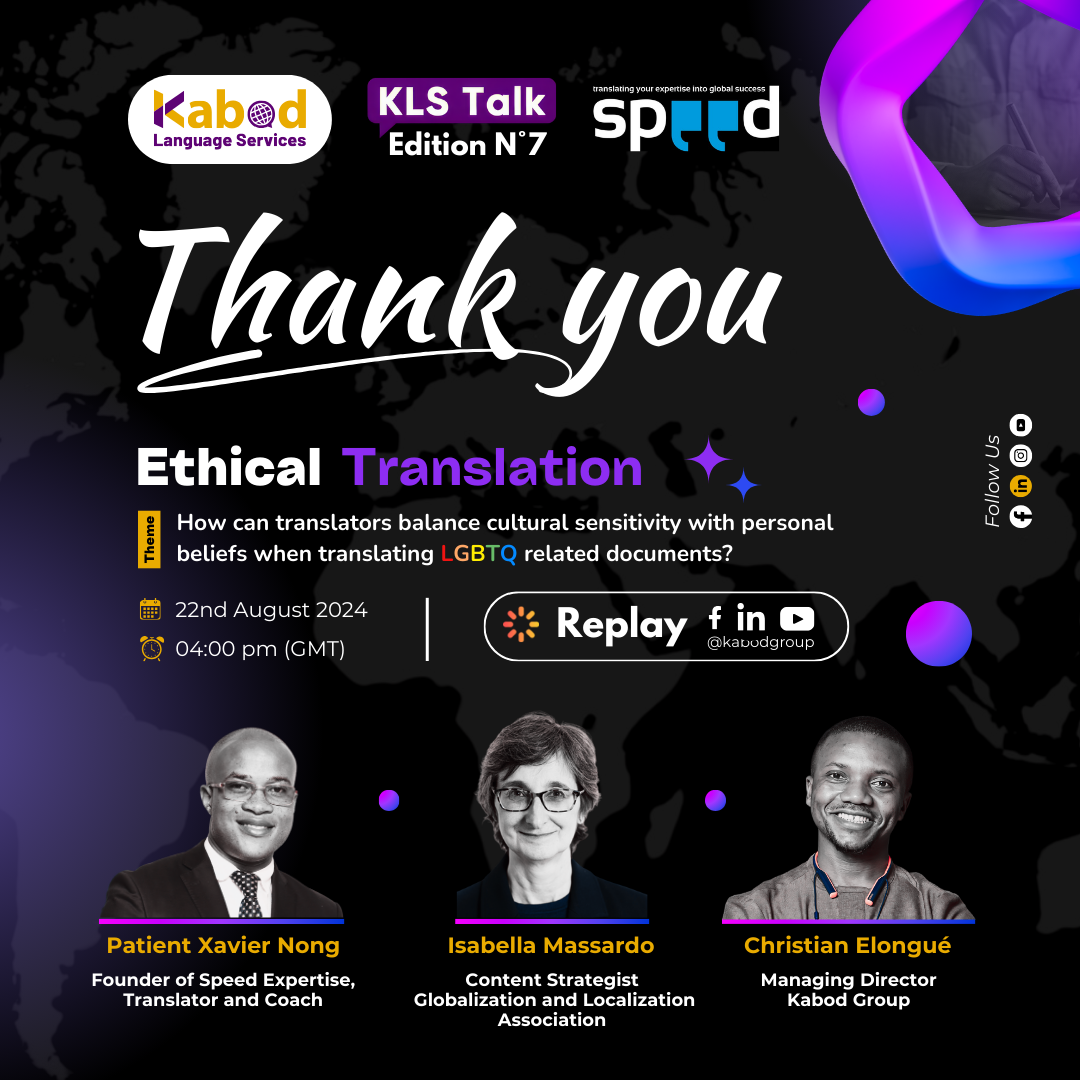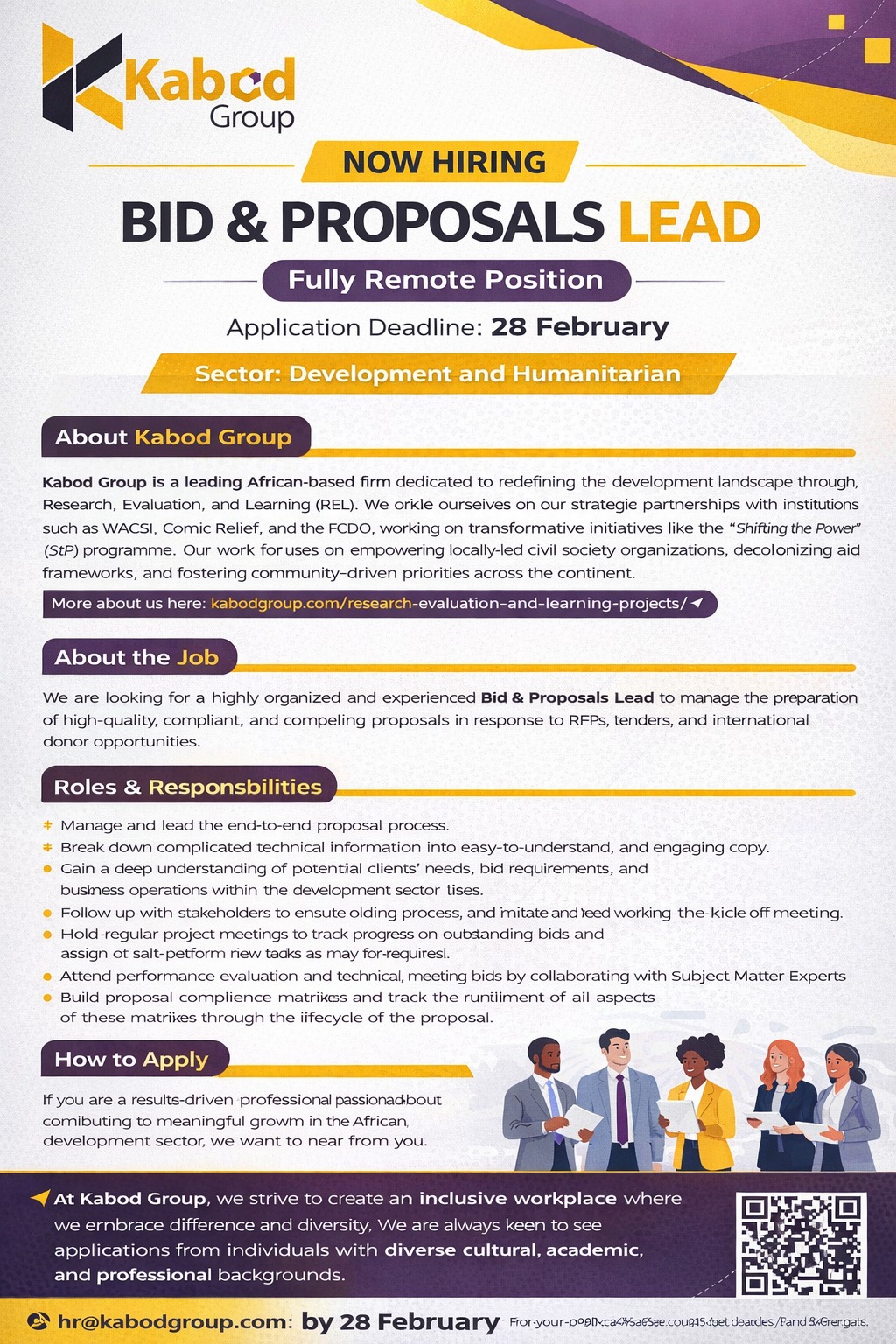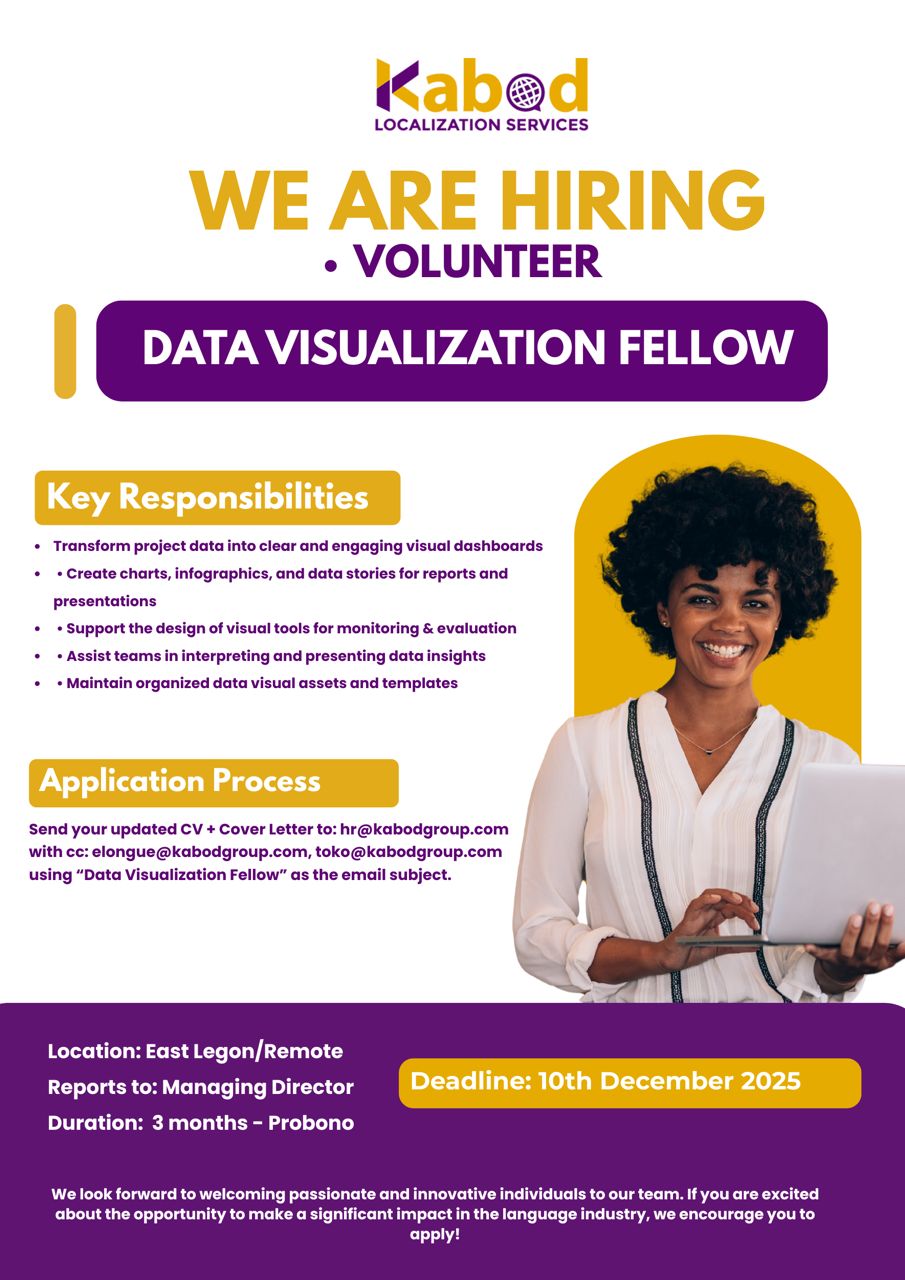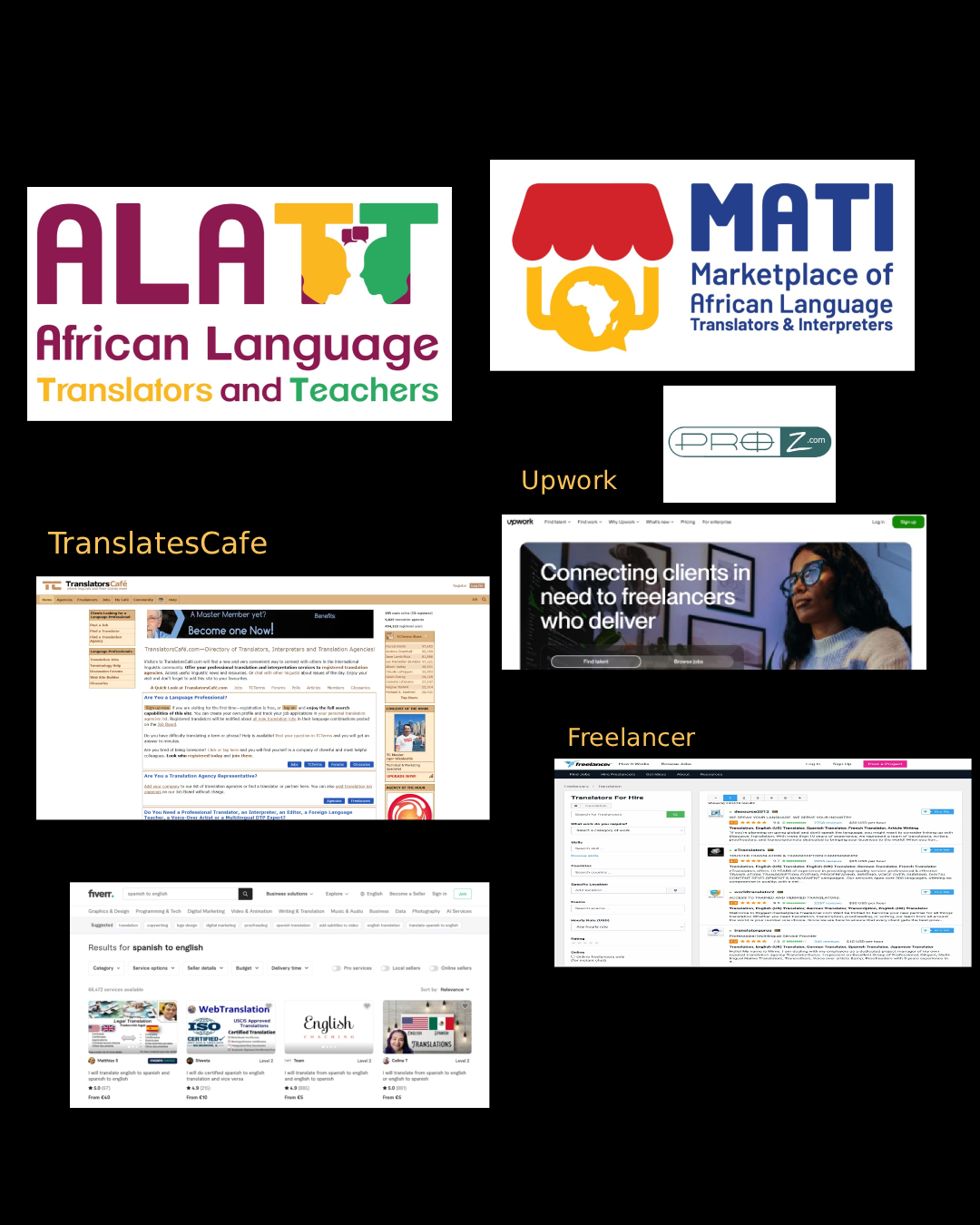Introduction
In the diverse linguistic landscape of Africa, translators often find themselves at the intersection of cultural norms, personal beliefs, and professional ethics. This is particularly evident when dealing with LGBTQ-related documents, a topic that remains contentious in many African societies. While some countries on the continent have made strides in LGBTQ rights and recognition, others maintain traditional views that may conflict with global human rights standards.
As cultural mediators, translators face unique challenges when translating LGBTQ content. They must navigate between respecting local cultural sensitivities, adhering to professional ethics, and maintaining the integrity of the source material. This report summarises the key insights, discussions, and recommendations that emerged from this thought-provoking event, offering valuable guidance for language professionals navigating the complex intersection of LGBTQ content translation in various African social contexts and beyond.

Held on 22nd August 2024, it brought together experienced translators, language professionals, cultural experts, and human rights advocates from across and beyond the continent to explore and discuss the delicate balance between cultural sensitivity, professional ethics, and personal beliefs in translation.
Panelists:
Patient Xavier Nong: Marketing translator, transcreator and founder of SPEED EXPERTISE
Isabella Massardo: Content strategist at the Globalization and Localization Association (GALA)
Christian Elongué: Managing Director of Kabod Group
Moderator:
Rebecca Aggrey: Operations Manager at Kabod Group
HIGHLIGHTS
The webinar began by categorising LGBTQ content into three distinct groups: neutral, informative, and supportive. Each category was discussed regarding the varying levels of personal engagement required from translators, helping participants understand the complexities they might encounter in their work. This framework set the stage for a deeper exploration of the practical steps translators can take when dealing with LGBTQ-related documents.
The discussion’s significant focus was the importance of requesting a preview of materials before accepting a translation job. This practice was recommended to ensure that translators can remain committed to their projects without compromising their professional integrity.
The event also stressed the importance of mastering the evolving terminology and phraseology related to LGBTQ+ issues. Translators were encouraged to avoid outdated terms and instead embrace inclusive language that accurately reflects the current discourse.
Contextualizing the discussion, the webinar addressed the increasing prevalence of LGBTQ-related topics in global workplaces and contrasted this trend with the traditional views still held in many African societies. The legal challenges faced by LGBTQ individuals in 32 of the 54 African countries were noted, underscoring the complex landscape that translators must navigate when working with such sensitive content.
The’ challenges were further explored, including the rapid evolution of terminology, the need for cultural sensitivity, the complexities involved in translating legal and medical documents, and the importance of managing personal biases. Strategies for maintaining professional integrity while respecting individual beliefs were discussed, including using self-awareness exercises and consulting with peers or ethics boards when faced with difficult decisions.
The webinar also shared best practices for cultural sensitivity in translation, emphasising the importance of contextual adaptation and careful terminology choices.
Throughout the event, the dual role of translators as both language professionals and cultural mediators was emphasised. Participants were reminded of their unique position to contribute to cross-cultural understanding and respect, even when dealing with challenging or controversial topics. The webinar concluded by reinforcing the idea that while translating LGBTQ content in African contexts can be challenging, it also presents an opportunity for translators to play a crucial role in fostering understanding and bridging cultural divides.
CALL TO ACTION
The event concluded with a compelling call to action for language professionals. By implementing the action points below, we can navigate the complexities of translating LGBTQ-related documents in African contexts, balancing cultural sensitivity, professional ethics, and personal beliefs.
Develop a personal ethics framework for handling LGBTQ content.
Implement a pre-translation assessment process.
Practice bias awareness and management techniques.
Improve contextual adaptation skills for sensitive content.
Create a resource database for LGBTQ-related information.
Develop a protocol for professionally declining conflicting projects.
Stay informed with Afrolinguals Magazine: Our new Afrolinguals magazine is the premier industry news source for the African language services sector. Afrolinguals will offer in-depth articles, interviews, and updates on our field’s latest trends, technologies, and best practices. Stay tuned for its release and be part of the conversation shaping the future of language services in Africa.

Are you a speaker with innovative topics that can provide valuable insights and spark meaningful discussions within our community? Do you have a unique perspective or expertise you’d like to share? We encourage you to propose your ideas! If you’re interested, please contact us at languages@kabodgroup.com.
Click here to watch the replay.
Follow and subscribe on our:
LinkedIn || Facebook || Instagram
Podcast of African Languages Technologies and tools (PALATT)
Network of African Language Translators and Teachers (ALATT)
Marketplace of African Translators and Interpreters (MATI)
Send us an email: languages@kabodgroup.com




